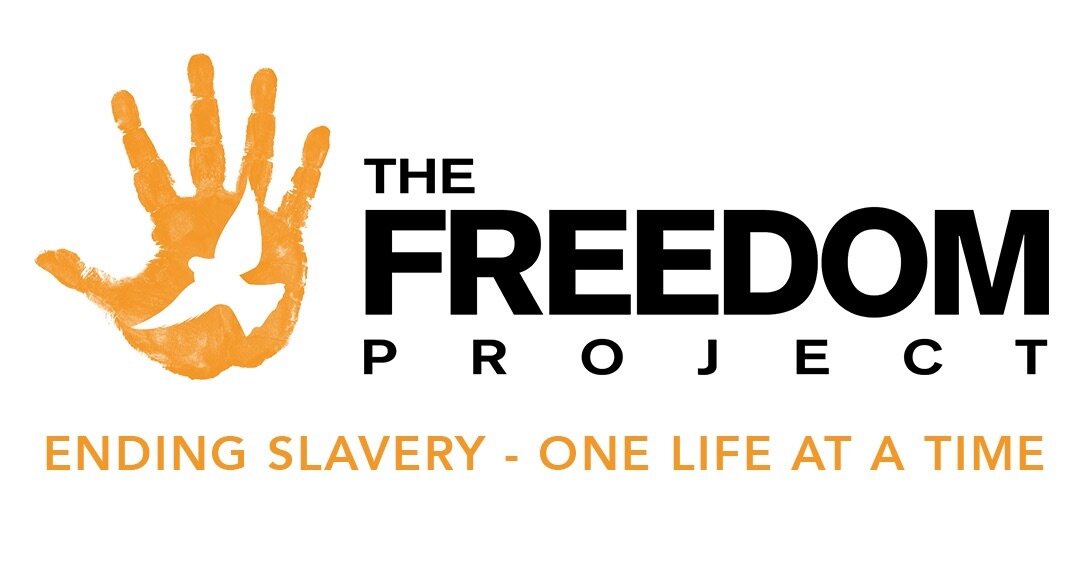Australia’s Battle Against Human Trafficking Lurking in Supply Chains
Background to slavery in Australia
As a nation with the 14th largest economy in the world in terms of gross domestic products, Australia is a modernised nation expecting to hit a milestone population of 25 million people before the end of 2018. You might be surprised to learn that an affluent, well-renowned nation such as Australia would have to address issues such as human trafficking and modern slavery.
The Global Slavery Index recently estimated that in Australia there are 15,000 victims of modern slavery. This deserves the attention of the Australian public, the government and NGOs alike. The main issue however, lies in the importation of billions of dollars worth of products from countries and industries that are notorious for slavery in their supply chains.
The Need for a Modern Slavery Act
This is where the Modern Slavery Act comes in. In June 2018, the NSW State Government passed the NSW Modern Slavery Bill, the first state to introduce such specific anti-trafficking legislation. Around the same time, announced on 10 May 2018, the Australian Federal government demonstrated their intolerance for slavery in communities and supply chains through the introduction of a Modern Slavery Act. With the support of non-government organisations and various community stakeholders, there has been significant pressure on the Government to introduce this legislation quickly and effectively. The Freedom Project, as part of the Stop The Traffik Australian Coalition, has been involved in advocating for a robust Act throughout 2018.
Details of the Bill
The fundamental ask of the bill is for businesses with a revenue greater than A$100 million to publish annual ‘Modern Slavery Statements’ outlining their business position on slavery and steps they are taking to identify and mitigate slavery in their supply chains. Other businesses outside this threshold may choose to submit statements voluntarily. Part of the benefit of this is for the government to be aware of the extent of the issue, but also help consumers, trade partners, employers, investors and other stakeholders to be aware of the ethical position of each company and whether they want to continue supporting them, as the information will be publicly available.
This is a great starting point for the Australian government and businesses to raise awareness and combat modern slavery. Additionally, this allows for the national government to ensure that the free market economy is operating under humanitarian conditions and sets a precedent for other nations across the globe to also introduce anti-slavery and ethical supply chain legislation. Furthermore, this act will allow for business entities in Australia to compete on an equal level and ensure that humanity is one step towards the eradication of the concept of exploiting another human being.
Looking at the draft act, we affirm the inclusion of the following:
The Commonwealth of Australia as a reporting entity
A requirement that a responsible member of the Reporting Entity is required to sign the Modern Slavery Statement
Mandatory criteria for Modern Slavery Statements included in the Act
That the Minister maintain a register of Modern Slavery Statements
What’s missing?
Unfortunately, the Modern Slavery Act has been receiving some criticisms as well. Despite the improvements that the Australian government has made from the UK’s Modern Slavery Act of 2015 that it has been adapted from, many are concerned about the lack of penalties for business entities that do not comply with the requirements of the Modern Slavery Act. Although the Australian government has improved on its predecessor’s Act by integrating more strict monitoring of businesses, it does seem to lack support for slavery and trafficking victims who need assistance to assimilate back into society without the risk of further exploitation. Additionally, there is a strong argument that the reporting threshold should be lowered to AU$50 million revenue and also include all businesses in industries that have a high-risk of slavery.
We believe the following are essential and should be included in the Modern Slavery Act:
An independent statutory officer, such as a Commissioner
A Government built list of ‘reporting entities’, so the Australian public can know who is acting to address modern slavery in their supply chains
Mandatory penalties for non-compliance in reporting, which may be phased in
A three-year review of the Act, which is required to give attention to compliance thresholds, risks and standard. This will check if high risk businesses and organisations are acting to impact modern slavery.
Where are we up to now?
In August 2018, the committee from the Senate inquiry released a report recommending the Bill be passed, but still encourages further strengthening of the legislation to make it stronger and more effective. This is good news! We await further confirmation from the government in this matter. The recommendations show bi-partisan receptiveness to strengthening the current Bill.
The Freedom Project is part of the Stop the Traffik Australia Coalition, which has been working hard this year to remind the Australian Government how important it is to develop robust legislation for for Modern Slavery Act. We will continue to write to, meet with and encourage our Federal MPs, and particularly our new Prime Minister, to prioritise an effective Bill (see recommendations above) to help fight against the injustice of modern slavery in Australia and around the World. Take action here.
To help us end slavery one life at a time, you can donate today which will help us continue our life-changing prevention, rescue and restoration programs across Asia.
Additional Reading:



